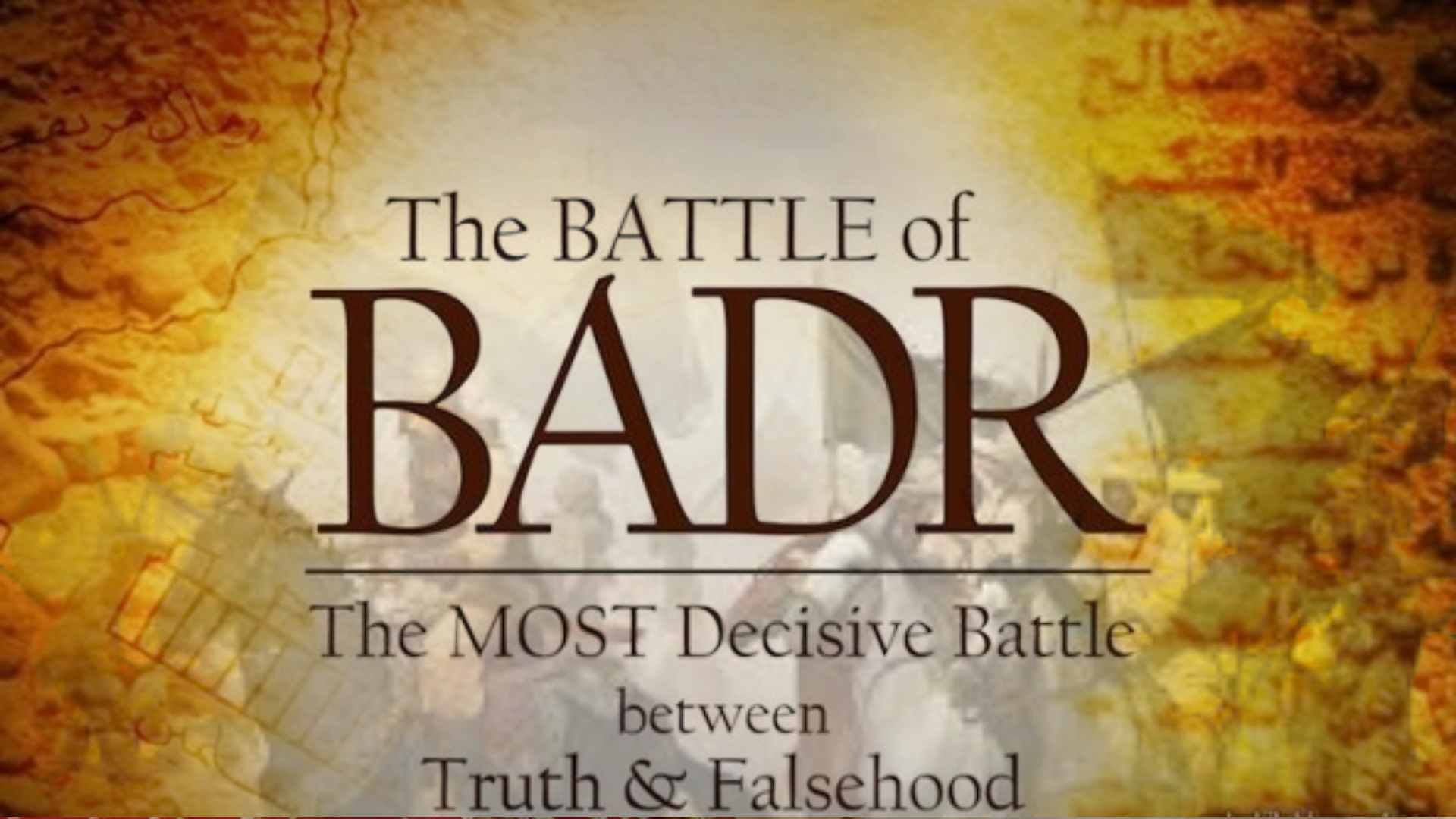The Battle of Badr: A pivotal moment in Islamic history
Hailed as one of the most pivotal moments in the course of Islamic history, the events of the Battle of Badr are remembered each Ramadan on its anniversary, and throughout the Islamic year.
Badr, between Mecca and Medina in present day Saudi Arabia, was the location of one of the first large-scale battles between the Muslims and the Quraysh tribe, taking place at a moment of pinnacle tension between the two camps.
When was the Battle of Badr?
The battle was fought on Tuesday, 13th March 624 CE, on the 17th Ramadan 2 AH (after Hijrah) in the Islamic calendar.
The anniversary of the date appears to shift forward approximately 11 days in the Gregorian calendar each year, as the Islamic calendar operates on the lunar cycle.
The Tensions Between the Muslims and the Quraysh Tribe
In the lead up to the Battle of Badr, tensions between the Muslims and the powerful Quraysh tribe of Mecca were rife.
The Muslims had made Hijrah (emigration) and settled in Medina in 622, following intense persecution from the Quraysh tribe in Mecca, including not being allowed to perform worship. Forced to abandon their homes and belongings, the Muslims had been invited to create a new life for themselves in the settlement of Yathrib (now Medina).
Up until the Battle of Badr, Muslims had assumed a defensive position, but the victorious battle which awaited would be a turning point for the status of Muslims in the Arabian Peninsula and the expansion of Islam.
The Events of the Battle of Badr
The battle is described as one of the greatest and most decisive military victories in Islamic history, and even in world events. It took place in the month of Ramadan, but its significance also lies in the miracle that Muslims believe to have taken place during the battle.
The Muslims were greatly outnumbered by the Quraysh tribe, whose army on this occasion consisted of approximately 1,000 men, including 100 horses. The Muslims had gathered an army of only a meek 300 men and only two horses in comparison. It appeared to all that the Muslims would be swiftly overcome by the immense Quraysh army.
In the lead up to the battle, the Muslims had been sanctioned by the Prophet Muhammad (peace be upon him) and Allah to raid the merchant caravans belonging to the Quraysh tribe on their commute past Medina, in order to counter the aggression they faced in persecution. The Quraysh routinely sent spies to monitor the expansion of the Muslims in Medina and informed the tribe that the Muslims were about to intercept Abu Sufyān’s caravan, who was one of the main instigators of persecution against the Muslims.
Eventually, the respective camps rallied their armies and faced each-other on the battlefield, with a seemingly obvious victory ready in wait for the Quraysh.
Muslims believe that they were aided by Allah by ordering the Malaika (the angels) to help the Muslims overcome the Quraysh, as their victory was otherwise an impossibility.

